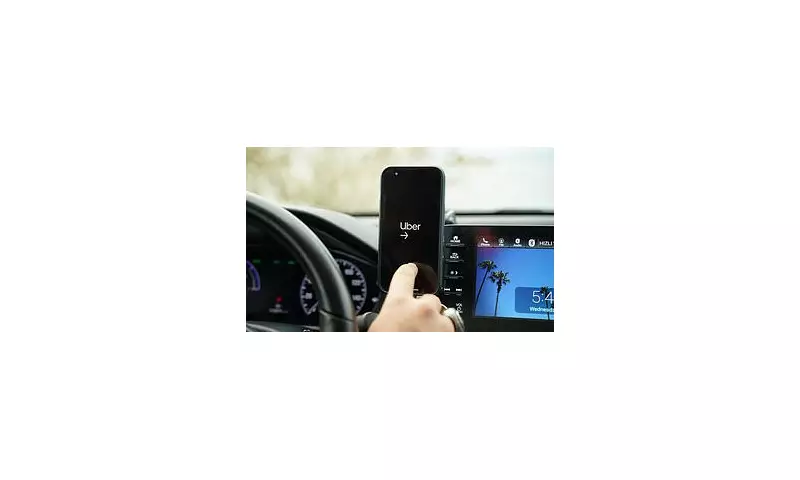
Millions of Britons relying on ride-hailing apps like Uber and Bolt could soon face significantly higher travel costs. The Chancellor is considering a new 'taxi tax' in the upcoming budget, a move that industry leaders warn could inflate fares by more than 15 per cent.
Industry Giants Unite in Opposition
The chief executives of Uber, Bolt, and Veezu—the UK's largest private hire vehicle apps—have taken the rare step of sending a joint letter to Chancellor Rachel Reeves. They are urging her to abandon plans to impose a 20 per cent Value Added Tax (VAT) on private hire journeys in the budget scheduled for November 26.
In their direct appeal, the executives stated, 'We are united in urging you not to impose an inflationary VAT increase that would hit vulnerable passengers.' They emphasised that these transport services act as an essential lifeline for many, and that fares would have to rise dramatically to cover the new tax burden.
Vulnerable Passengers at Greatest Risk
The potential fallout from the taxi tax extends far beyond the general public. The letter highlights that the elderly and people with mobility issues would be disproportionately affected, potentially becoming more isolated from their communities.
Women's safety groups have also raised the alarm. Organisations like the Survivors Trust have warned that the increased cost could force more people, particularly women, to make risky travel decisions, compromising their personal safety when travelling at night.
The Legal Shift Behind the Tax Plan
Currently, private hire operators like Uber and Bolt do not pay VAT. This is because their drivers are classified as self-employed contractors who individually do not meet the £90,000 annual earnings threshold for VAT registration.
However, a pivotal 2023 High Court ruling changed the landscape. The court determined that the contract for a journey is between the passenger and the taxi firm, not the driver. This means the company itself would be liable for the tax. While most black cab journeys would remain exempt due to their self-employed driver model, the large booking apps easily exceed the revenue threshold.
Following a consultation in the summer of 2024, HMRC has confirmed it will issue its response at the next budget. A Treasury spokesperson said, 'We are reviewing feedback from our recent consultation and will publish our detailed response shortly.' The outcome will determine whether millions of passengers are forced to foot a much larger bill for their essential journeys.





